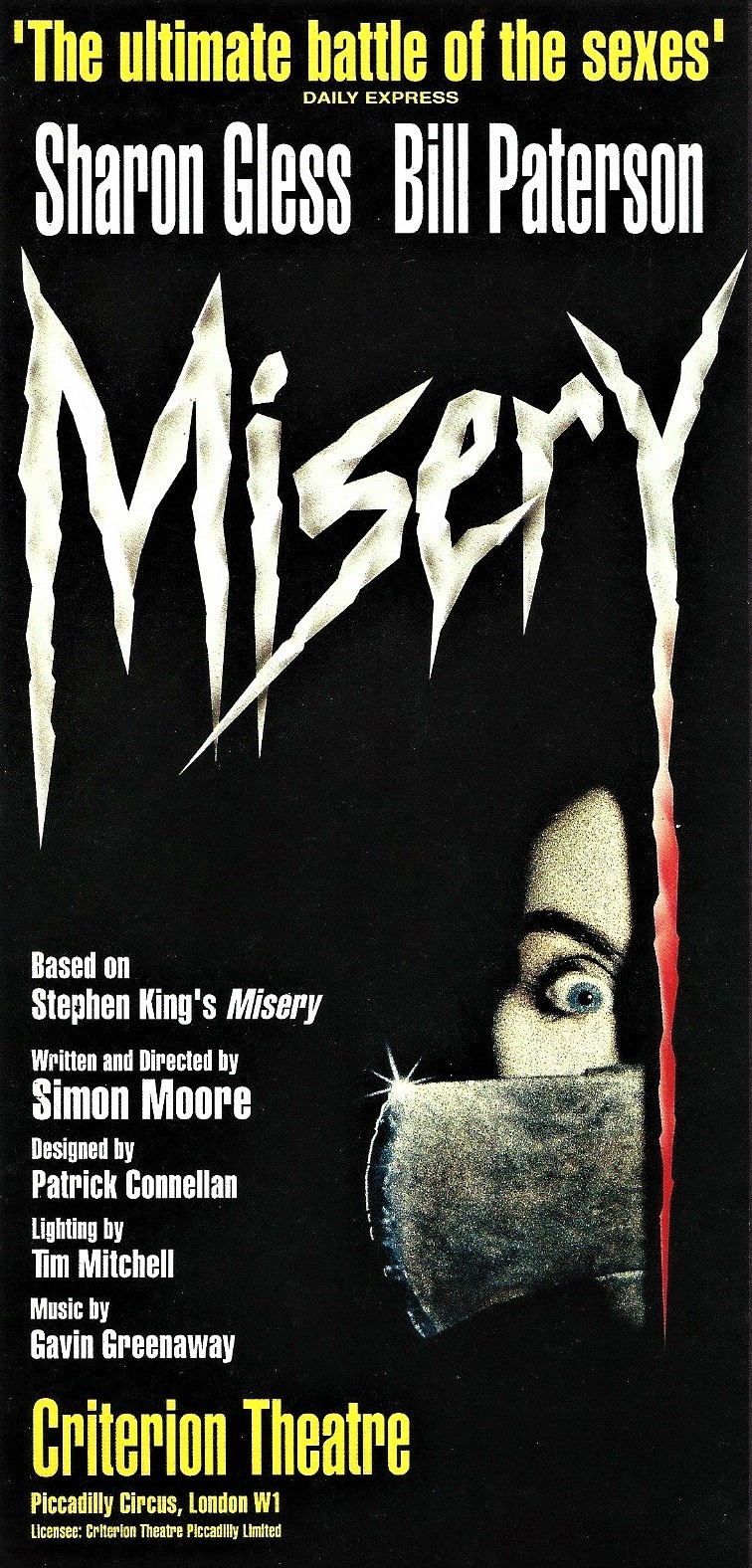
Mobilisation for activities on the home front also began. Later that week it was announced that 350 horses were required and a call came for an Australian Army Nursing Service. Medical examinations began the following week, and soldiers began to move into camps at Morphettville and Fort Largs. Only those who were serving in the military or who were already trained were required. On 11 August, the paper reported a call for volunteers for an expeditionary force of 20,000 to go to Europe from Australia. The Town Hall was opened daily as a place of public prayer. This fervour continued through the month: when they weren’t singing God Save the King or the Song of Australia at public gatherings around the state, South Australians were declaring their loyalty to the King, and shops enjoyed a roaring trade in flags and badges. Following the first announcement, some 20,000 people gathered in Elder Park in an overwhelming display of patriotism. Hardly surprisingly, news of the war dominated the papers in August with lengthy updates about the state of play every day. The paper also reflected on the impact this conflict would have on the South Australian economy as Germany was an important trading partner. The Advertiser reported that everything was ready for mobilisation including motor cars and railway trucks.

South Australians gathered in King William Street, anxious for news. When Germany invaded neutral Belgium on 4 August, Britain was drawn into the conflict, along with the rest of the Empire, including Australia.

In fact, that was the day on which Germany declared war on Russia and two days later, on France. On 1 August, The Advertiser published a hopeful report that diplomatic solutions to the European crisis appeared to be working. His diary reveals an interest in the events in Europe, but a far greater concern for his own financial future as well as the plight of his friends unable to find work. Frederick Leopold Terrell, an ironworker, was just returning to South Australia from work in Broken Hill when war broke out. The state was suffering from an extreme drought causing widespread misery and financial hardship, with many people out of work. Many South Australians, had concerns much closer to home.

Adelaide woman Ethel Cooper’s letters from Leipzig to her sister show us just how prepared the German military was for conflict. Germany’s growing might had been a subject of concern in Europe and Australia for a number of years – particularly with the German colony of New Guinea so close. A volatile web of alliances in Europe was ready to ignite. Around the world the ripples were felt immediately, including in South Australia. Then, on 28 June 1914, the heir to the Austro-Hungarian throne (Germany’s ally), Franz Ferdinand, was assassinated in Sarajevo. The sense of foreboding was palpable – even in far-off Australia. Germany and Britain had been locked in an arms race for decades. Europe on the brink of warīy the start of 1914 all of Europe was tense. This month: Meet the first two people whose wartime experiences we will follow and discover how South Australians found out about the outbreak of war and how they responded.


 0 kommentar(er)
0 kommentar(er)
